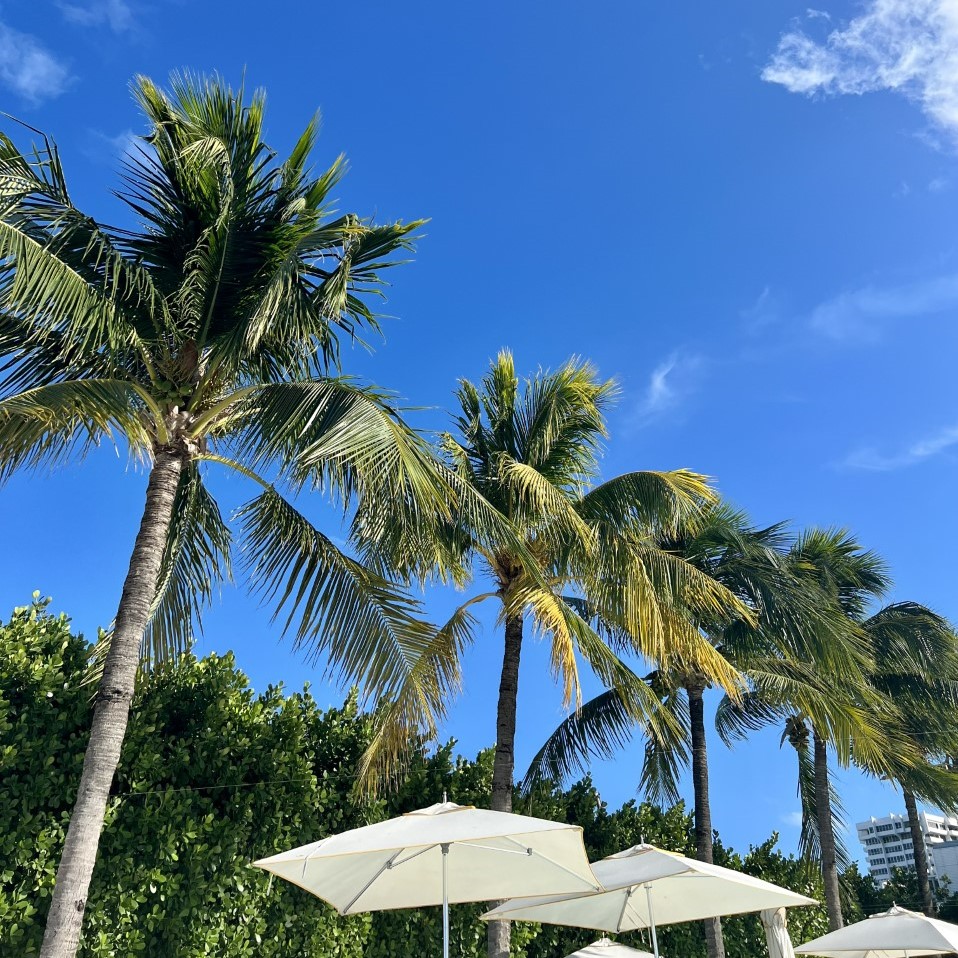
With sights of spring break on the horizon, plans for getaways are underway. Every year millions of people take vacations for a number of reasons: to soak up warm weather, to travel with friends or visit family, to get a break from work, to experience a new culture, to disrupt an ordinary routine, etc. And every year, millions of others don’t.
As a matter of fact, the U.S. is the only developed country that does not legally require employers to provide a single paid vacation day, whereas a country like France requires at least 30. Of Americans whose employers do offer paid vacation, more than half of employees leave a week unused each year. The stress of planning a big trip or the frustration of dealing with details along the way or the unfamiliarity of the location or the anxiety about what’s not getting done at home causes countless to return less rested than before they left.
If we don’t have the opportunity or willpower to vacation well, we certainly don’t know how to retreat well. In this upcoming blog series, we hope to provide some guidance about how to retreat, clarity about what retreating is and isn’t, and tools you can tuck away for the next time you are ready to retreat yourself. For today: why a retreat is not a vacation.
Yes, retreats and vacations share similarities, but they are not the same thing. Before we retreat or vacation, we may feel desperate and say, “I just need to get away!” But a retreat is not just about disconnecting, it’s about reconnecting. Retreats offer the chance to reconnect with our faith, our bodies, our values, our friends, our hopes, our surroundings. On retreat, we might rediscover a rhythm of life that is more sustainable, a relationship with God that is more vulnerable, and a presence in the moment fuller than we knew possible.
Vacations require planning and navigating surprises or glitches that emerge along the way. Sometimes this adds stress. Retreats, in contrast, require a practice of setting intentions. Doing this ahead of time encourages greater ease, flow, and renewal. How much structure do I need? What will I leave behind? What will I lean into? What do I most need from this time and place? How will I stay present to God and to my intentions? A little bit of reflection beforehand can go a long way. In addition, retreat centers are structured to receive and support us so that we can live into those intentions. The accommodation rooms, meal service, and even outdoor amenities like hiking trails all aim to foster restoration and renewal.
Finally, vacations tempt us to overschedule ourselves. Surely I can ride all the rollercoasters and visit the zoo and go on a hike and sunbathe by the pool and take the bus tour and eat at all the recommended restaurants! In contrast to this frenzied pace (and spirit of consumption), retreats offer relief from busyness, productivity, and the fear of missing out. On a retreat, we slow way down, we resist the urge to fill every hour, and we listen deeply to our soul. We might spend the first day sleeping and a significant part of everyday in silence, stillness, and solitude – and that’s worth celebrating, because true rest is a precious gift.
There is far more to say about what retreating is and isn’t, so stay tuned for upcoming blogs that offer guidance, clarity, and tools for your own journey. On this day, in whatever small or simple way, may you retreat wherever you are.
Jeremy Bork is the Director of Programming and Communications at Mount Olivet Conference & Retreat Center and an ordained minister in the Reformed Church in America. To learn more about scheduling a retreat, fill out this inquiry form.
Thank you, Jeremy! What a nourishing piece. Retreats are so important! You illustrate that beautifully!